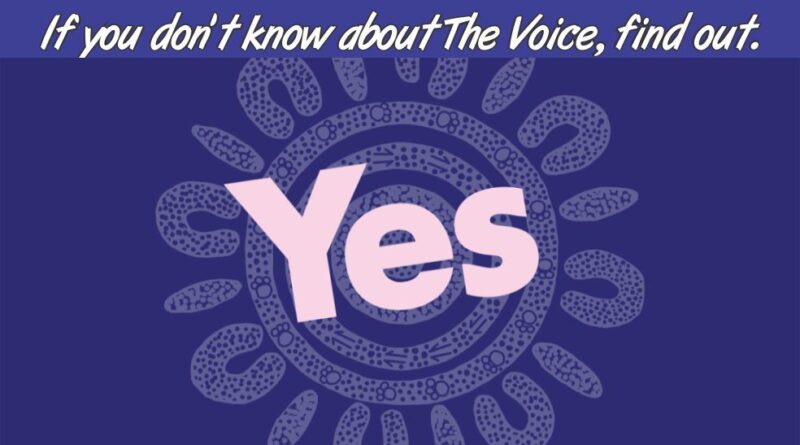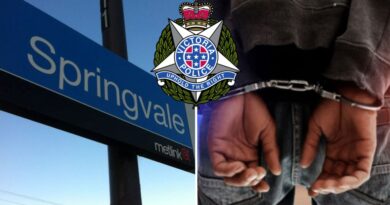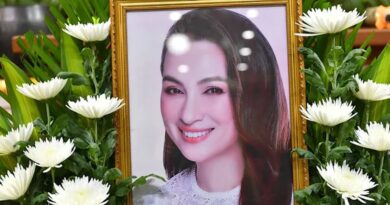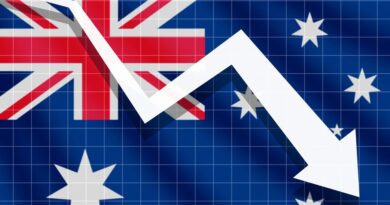If you don’t know about Voice, find out: Vote YES at the Referendum
It’s time to recognise Aboriginal and Torres Strait Islander peoples in the Constitution through a Voice
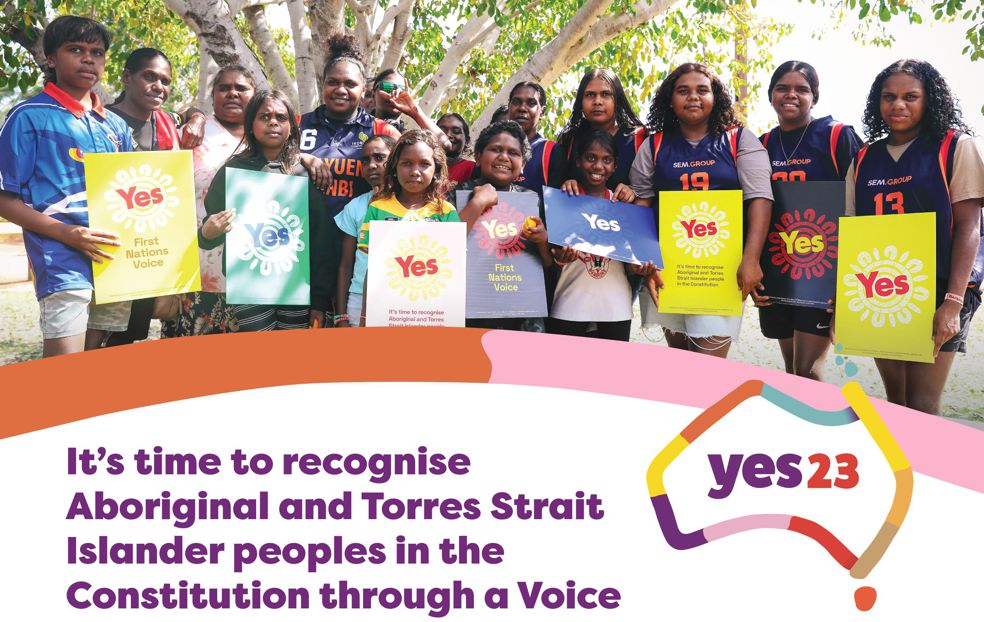
This year, Australians will vote in a Referendum to recognise Aboriginal and Torres Strait Islander peoples in our Constitution through a Voice.
This vote will ensure Indigenous Australians are listened to when the Government develops policies designed for their communities.
Vote YES at the Referendum so we can take this critical step towards a better future, for all of us.
What is a Referendum?
A Referendum is when voters are asked to answer Yes or No to a question that proposes an update to our Constitution.
Referendums are like elections. On polling day, you will go to a polling place and write Yes or No on your ballot paper.
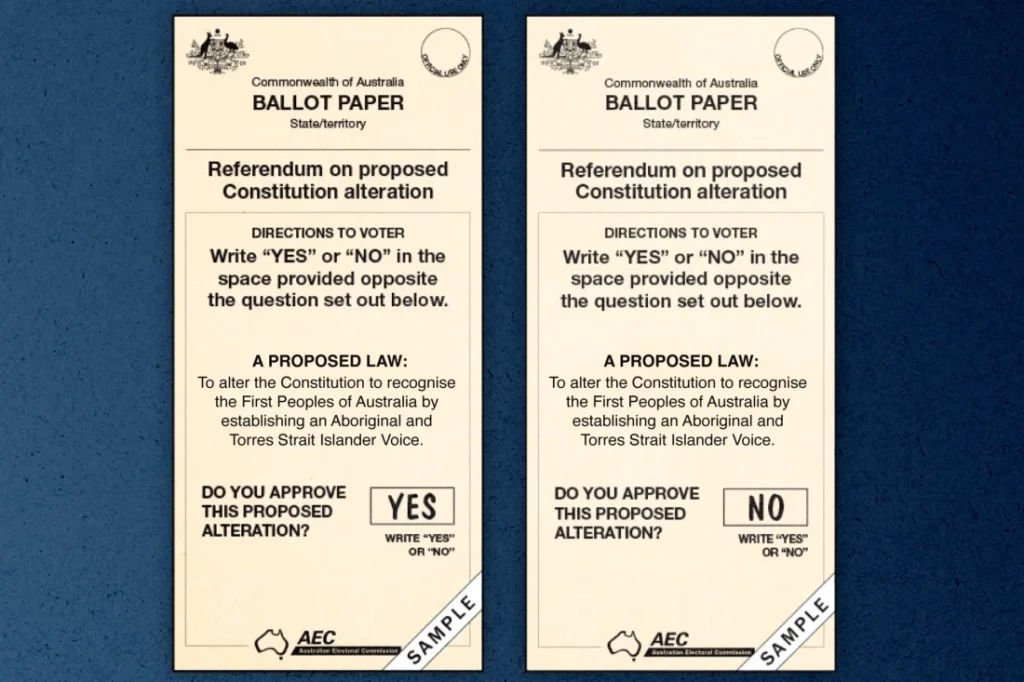
What will the Referendum question be?
The following question will be put to the Australian people at the 2023 Referendum.
“A Proposed Law: to alter the Constitution to recognise the First Peoples of Australia by establishing an Aboriginal and Torres Strait Islander Voice.
Do you approve this proposed alteration?”
Why vote Yes?
Australia’s rich and unique history begins with 65,000 years of continuous Aboriginal and Torres Strait Islander cultural connection to this great land. Yet our now 122-year-old Constitution still doesn’t recognise that – and this is our chance to fix this.
By writing Yes on your ballot paper, you support recognising Aboriginal and Torres Strait Islander peoples in our Constitution through a Voice.
This simple, practical update will ensure Indigenous Australians are listened to when policies that affect their communities are being discussed by Parliament.

Where did the idea of the Voice come from?
Over 250 Aboriginal and Torres Strait Islander delegates from Indigenous communities across the country came together six years ago to draft the historic Uluru Statement from the Heart.
This statement was an invitation to all Australians to help create a better future for Aboriginal and Torres Strait Islander peoples – an invitation many Australians have accepted with an open heart.
One of the critical steps identified was the need for a Voice, a committee of Aboriginal and Torres Strait Islander representatives who share advice on matters affecting their communities based on local Indigenous knowledge.
The purpose of this committee is to give information to the Government of the day to help them make a practical difference in things like health, education, employment and housing for Aboriginal and Torres Strait Islander communities.
It is what Indigenous Australians have asked for – more than 80% of Aboriginal and Torres Strait Islander peoples support recognition in the Constitution through a Voice.
A Yes vote will see the Constitution include recognition of Indigenous Australians and allow a Voice to be legislated.

How will this update the Australian Constitution?
If the Referendum is agreed to by the Australian people, the following update will be made in the Constitution to recognise Aboriginal and Torres Strait Islander peoples and outline how the Voice will work with the Government of the day:
Chapter IX Recognition of Aboriginal and Torres Strait Islander Peoples
129 Aboriginal and Torres Strait Islander Voice
In recognition of Aboriginal and Torres Strait Islander peoples as the First Peoples of Australia:
- There shall be a body, to be called the Aboriginal and Torres Strait Islander Voice;
- The Aboriginal and Torres Strait Islander Voice may make representations to the Parliament and the Executive Government of the Commonwealth on matters relating to Aboriginal and Torres Strait Islander peoples;
- The Parliament shall, subject to this Constitution, have power to make laws with respect to matters relating to the Aboriginal and Torres Strait Islander Voice, including its composition, functions, powers and procedures.
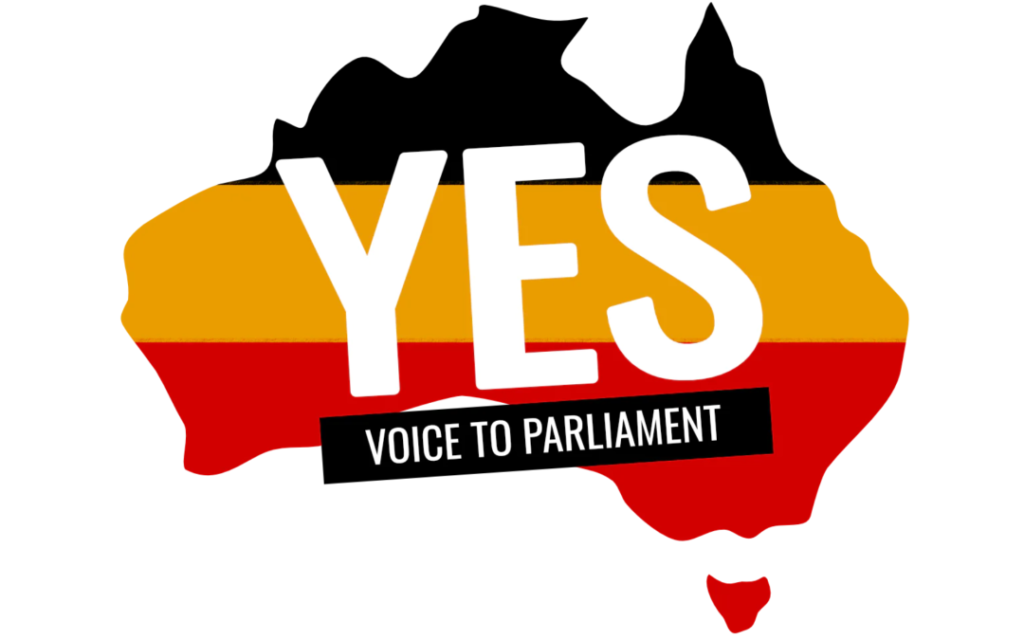
How does the Voice get established?
A Yes vote will add recognition of Aboriginal and Torres Strait Islander peoples and the principle of a Voice into our Constitution. This is how our
Constitution works – it sets out principles, and the detail is established through legislation.
There will then be a consultation process with Aboriginal and Torres Strait Islander communities, the Parliament, and the broader public to design the Voice.
Why do we need the Voice?
When we listen to people, and make decisions based on their local knowledge, we get better outcomes. That is what the Voice is about – getting better outcomes for Aboriginal and Torres Strait Islander peoples, their children, and their communities.
Despite good intentions, it does not work when governments make decisions about Indigenous communities without their local knowledge and involvement.
We have seen that outcomes are much better when Aboriginal and Torres Strait Islander peoples are listened to on the health, education, employment and housing policies for their communities.
These are the kinds of solutions the Voice can help bring to life, right across the country.

Yes23 acknowledges the Traditional Owners of Country throughout Australia and recognises their continuing connection to lands, waters and communities. We pay our respects to Aboriginal and Torres Strait Islander cultures and Elders past and present.
Authorised by Dean Parkin, Australians for Indigenous Constitutional Recognition Ltd, L6, 110 Walker Street, North Sydney, NSW
